Barrett Holmes Pitner joins us to discuss why Black Americans have faced ethnocide since the beginning of the slave trade, why the post-Trump world has spotlighted this issue further, and the way it continues to shape the future.
Read more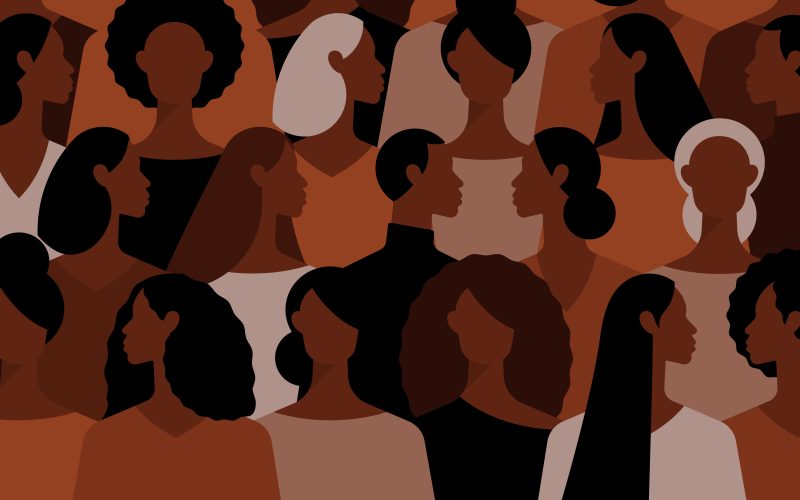


Barrett Holmes Pitner joins us to discuss why Black Americans have faced ethnocide since the beginning of the slave trade, why the post-Trump world has spotlighted this issue further, and the way it continues to shape the future.
Read more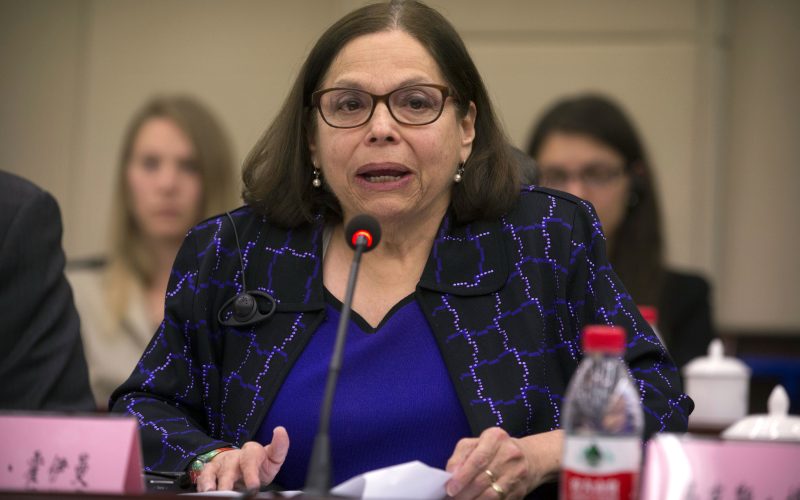
Judith Heumann joined us to discuss her life’s work, the lawsuits and sit-ins that changed history for people with disabilities, and what it means to rebel against entrenched norms and win.
Read more
Writer and director Rob Rapley joins us to discuss the invention of what is known as the lie detector test, its uses and abuses, and how it’s used today.
Read more
Professor Ruth Ben-Ghiat joins guest host John McCaa to discuss how world leaders from Benito Mussolini to Vladimir Putin have gained followers and manipulated the media.
Read more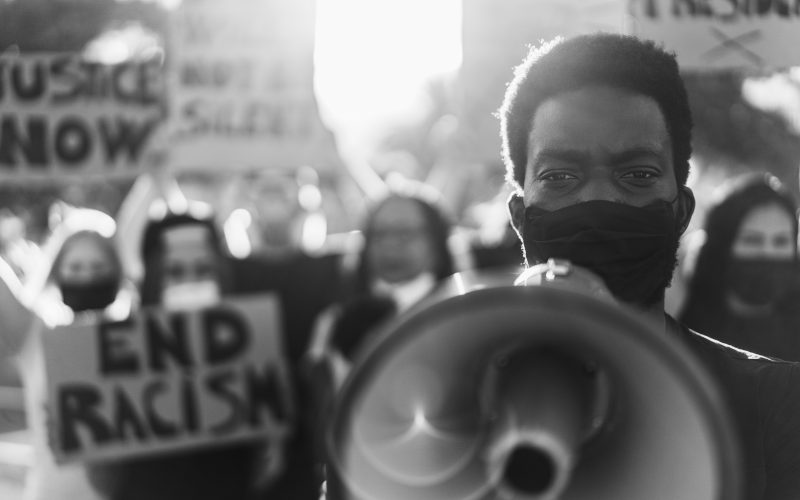
Peniel Joseph is the Barbara Jordan Chair in Political Values and Ethics at the LBJ School of Public Affairs. He joins us to assess the current push for racial equality – from the election of Barack Obama to Black Lives Matter.
Read more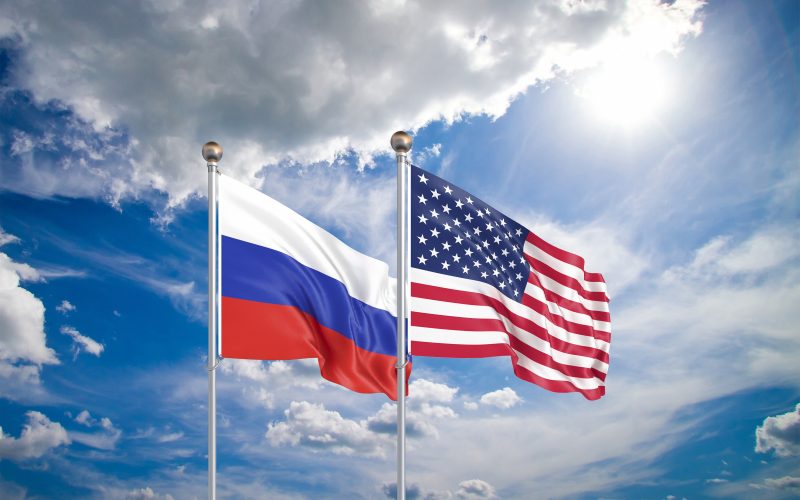
Frontline filmmaker Michael Kirk joins us to discuss Putin’s relationship to not only President Biden, but to Bill Clinton, George W. Bush, Barack Obama and Donald Trump.
Read more
Author Jeff Guinn joins guest host John McCaa to discuss the failed 1993 ATF siege of the Branch Davidian compound in Waco, Texas.
Read more
Harvard professor and author Naomi Oreskes joins us to talk about the public relations campaigns designed to crush regulations and unions.
Read more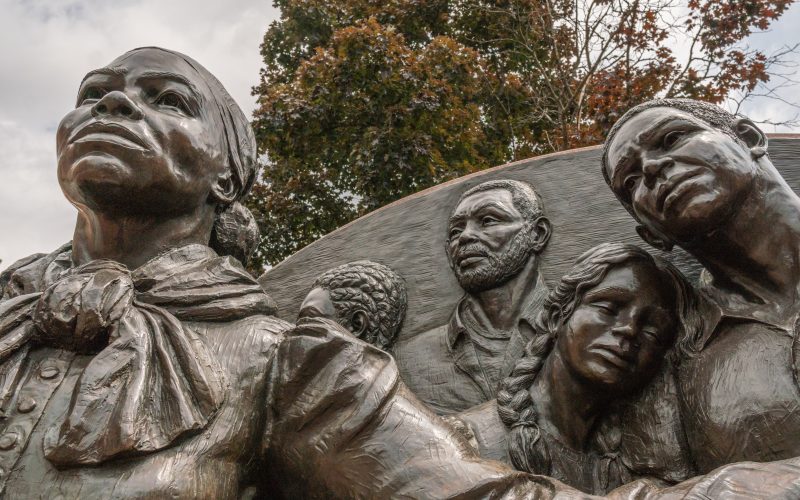
Clint Smith, a staff writer at The Atlantic, discusses the shortcomings of America’s reckoning with its treatment of indigenous populations and enslaved peoples, and what should be done to address deeper questions of public memory.
Read more
Writer and director Rob Rapley joins us to discuss the invention of what is known as the lie detector test, its uses and abuses, and how it’s used today.
Read more
Derek Thompson, a staff writer at The Atlantic, joins us to discuss why, when the U.S. is a world leader in Nobel Prizes in science and technology, we still lag behind in the implementation of innovation.
Read more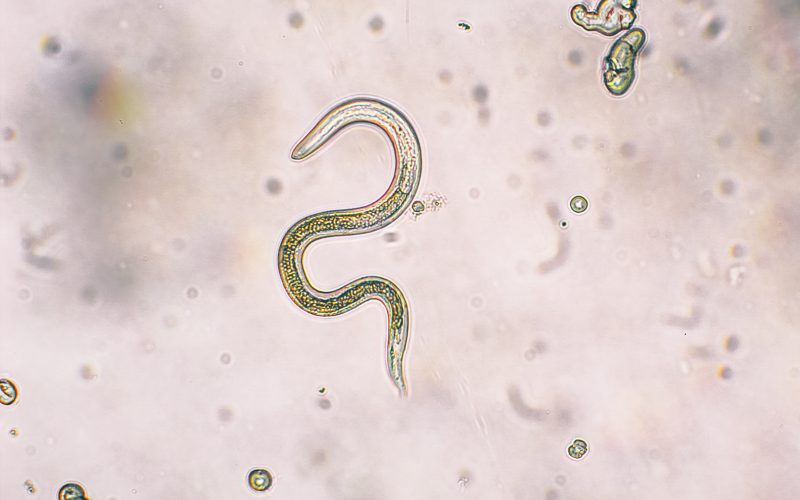
Scott L. Gardner, professor of biological sciences, joins us to discuss parasitology around the world and how these tiny creatures offer insight to the evolutionary history of regions.
Read more